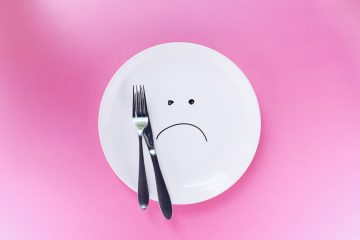Research
Our Youth is Under Pressure
The mental health of young people is under unprecedented strain, influenced by a confluence of economic, social, and environmental challenges. The World Economic Forum highlights that 50% of mental health conditions begin by age 18, underscoring the urgency of addressing this crisis. Economic instability significantly contributes to youth mental health Read more…









